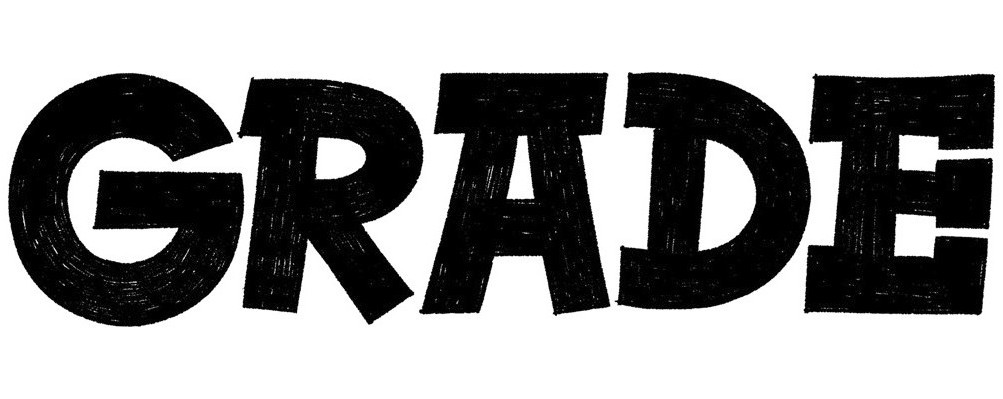GRADE MOSCOW x LEGALIZE TOKYO
WHEN FREEDOM IS OUTLAWED: EDITORIAL FOR LEGALIZE TOKYO
"When freedom is outlawed, only outlaws are free" - it is the main dogma of LEGALIZE brand from Japan that was runned in 2001 by bunch of mates from Tokyo neighborhood. The brand name is not associated with legalization of some specific things; it's more like point of view on raising questions and opposition to the rule of law. Now LEGALIZE brand crew is based in three different cities: Tokyo, New York and San Francisco.
Within our editorial we talked to the brand team about the memories associated with the first graffiti seen, hard times for the Tokyo underground scene, views on street style clothes and ways to broadcast it here and now.
Photo: Alexandra Filimonova
Design: Evgeny Mizk
Материал доступен на русском языке
Within our editorial we talked to the brand team about the memories associated with the first graffiti seen, hard times for the Tokyo underground scene, views on street style clothes and ways to broadcast it here and now.
Photo: Alexandra Filimonova
Design: Evgeny Mizk
Материал доступен на русском языке

What did you think when you saw the very first graffiti?
We were first exposed to graffiti through magazines etc in the 90s that were mostly writing about New York legends, and we loved the artists that we read about, but graffiti was just one of many art forms that we were into. Then we actually became friends with a writer who was starting to go all city in Tokyo, and when I started noticing his shit all over town, everything clicked in a different way. It was like discovering a secret code/language that no one else saw that lives only I the cutty back streets. So we always saw and loved those two sides of graffiti.

Tell us about Tokyo underground scene in the early 2000s. What was any features in that time?
We're proud of our city, and will stand by it no matter what. But with that being said, the '00s was a tricky time in Tokyo. After the huge explosion of street culture/mentality in the mid to late '90s, around from post 9/11, trends and mentality of our generation was kind of hijacked into a noticeably whack direction. Fucked up pants that look like diapers became all the rage, and the whole street thing was pushed back to the side lines. At the same time, BAPE and other OGs started to venture into the majors with moves like a collab with Pepsi. So it was kind of like a polarizing time, but we also feel like we were in the vacuum right in the middle of that.

When you move in USA, what inspired you the most?
The Chronic.
What was the reasons to create LEGALIZE brand?
It's so many reasons rolled into one. But to name a few, we had to make our own clothes because we feel there's something oppressive about the nature of current society and a basic sense that some sort of revolution is necessary, not that we're some political nut jobs or anything. There's also a need to express ourselves, and the most accessible method, or the method that made most sense to us in downtown Tokyo was making clothes. We also adored a lot of the street brands coming out of Tokyo and NY and deified those designers, so we wanted to be like them.

What things and message you would like to common by your clothing? Tell us more about your philosophy.
A part of me wants to explain over like three or four pints, but it's also our thought that not saying too much, or more like communicating through a bunch of secrets is a Japanese trait that's engrained in our way of thought. For example, Legalize may imply that we're illegal. But it just wasn't the Tokyo way to go about flaunting that we're criminals. To us, the protester's command to Legalize was like a question to the authorities, asking where the fuck are you drawing the line on this whole law thing. When freedom is outlawed, only outlaws are free.

Share us your opinion: what means "Street wear" for you?
I think a single step outside the door counts as outdoors or the streets. We want people who are actually in the streets to wear our clothes. We don't design for just one scene, but would be nice to see our products actually in the street scenes like art, skate, graffiti, music or whatever else.

What things (trends) in Tokyo street style you follow? What things you like and don't like? And why?
The cycle of trends are so quick in Tokyo, and just because something is on trend, it doesn't mean that thing is cool. Rather than following any trends, we try to create thing based on our own taste. We've still got a ways, but want to be on the side that creates trends, so that's the kind of thing that we think about everyday.

WHEN FREEDOM IS OUTLAWED: EDITORIAL FOR LEGALIZE TOKYO
Photo: Alexandra Filimonova
Design: Evgeny Mizk
Starring: Boris, Maxim, Liza, Maryam, Pasha, Aleksey, Danil, Vanya, Aleksey
Special Thanks: Anton Avchyan
Photo: Alexandra Filimonova
Design: Evgeny Mizk
Starring: Boris, Maxim, Liza, Maryam, Pasha, Aleksey, Danil, Vanya, Aleksey
Special Thanks: Anton Avchyan

Grade Moscow
12 Jan, 2020

